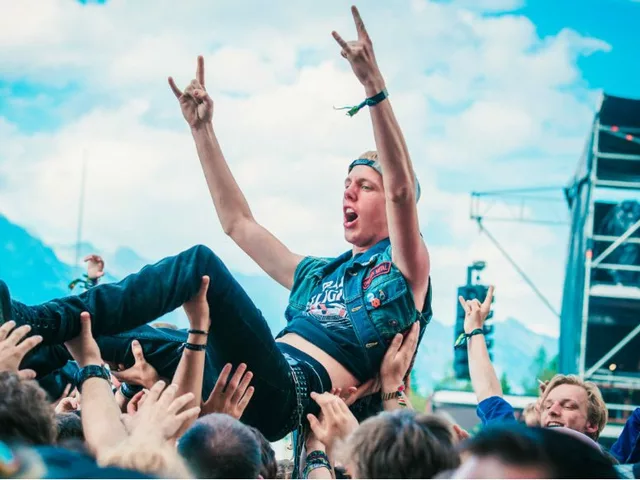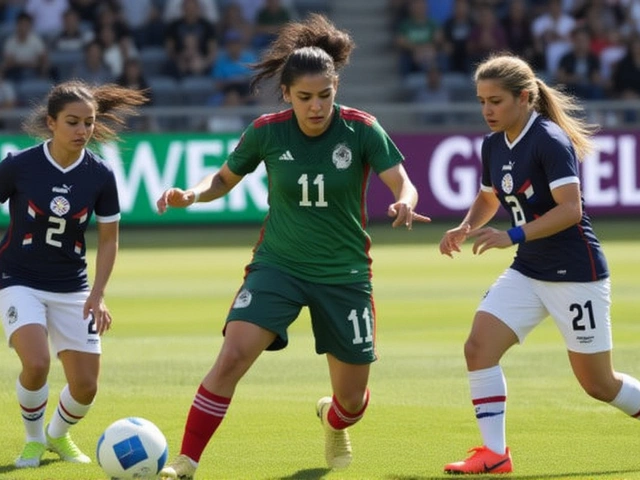Ricky Hatton dead at 46: Boxing mourns a British icon as tributes pour in
A sudden loss that stunned British boxing
The boxing world woke up to a gut punch: Ricky Hatton has died at 46. Greater Manchester Police said his body was found at his home in Hyde on September 14, 2025, after a neighbour raised the alarm. Officers are not treating the death as suspicious. The cause has not been confirmed.
The timing made the shock even sharper. Just months ago, Hatton had announced another return to the ring, a December 2 bout in Dubai against UAE veteran Eisa Al Dah. He had been training, posting gym updates, and talking about enjoying the buzz again. For fans who grew up on those wild Manchester nights, it felt like a familiar story—Hatton fighting back, one more time.
Tributes arrived within minutes and kept coming. Promoter Frank Warren called him a standard-bearer for British boxing. Former and current champions—Tyson Fury, Anthony Joshua, and Manny Pacquiao among them—shared messages of respect, sadness, and gratitude. Many focused on the same thing: his connection with ordinary fans. You didn’t just watch Hatton; you went with him. That bond outlived his last fight and will outlive this week’s headlines.
Police have shared only the basics so far. There’s no investigation for foul play. A coroner’s process will follow. Hatton’s family and team have not released fuller statements, and the sport’s big names have urged people to give them space. The sense of loss is real, and not just in Manchester.
The fighter who filled arenas—and kept giving back
Born and raised in Greater Manchester, Hatton turned pro in 1997 and burst through boxing’s brutal meritocracy with a relentless, body-first style. He pressured opponents, hacked at their ribs, and dragged them into fights they didn’t want. He was aggressive, yes, but he was smart with it—rolling shots, stepping in close, creating openings where there weren’t any. That mix took him from small halls to packed arenas in what felt like a blink.
His defining night came in June 2005 at Manchester’s MEN Arena, when he beat Kostya Tszyu to win the IBF light-welterweight title. Tszyu was a monster at 140 pounds. Hatton broke him with pace, pressure, and guts, forcing a corner retirement before the final round. Months later, he unified by beating Carlos Maussa. That run earned him Fighter of the Year honors from several outlets, and it stamped him as Britain’s new headline act.
He didn’t stop at one division. Hatton stepped up to welterweight in 2006 to outpoint Luis Collazo for a version of the WBA title, then returned to 140 to beat Juan Urango and Jose Luis Castillo—the latter finished by a vicious left hook to the body that still gets replayed. Then came the biggest stages of all: Las Vegas under the brightest lights, with tens of thousands of British fans singing all night.
Two super-fights shaped how many people remember him. In 2007, he faced Floyd Mayweather Jr. at welterweight and was stopped in the 10th. In 2009, back at 140, he met Manny Pacquiao and was knocked out in round two. Those defeats didn’t dim his status at home. If anything, they reinforced it. He dared to fight the very best, and he brought a whole country with him.
By the time he walked away, his ledger read 45 wins and 3 losses, with well over 30 knockouts. But numbers never captured the whole thing. Hatton nights had their own soundtrack—Blue Moon on the walk-in, the crowd chanting his name, that feeling that Manchester itself had relocated to a boxing ring. He wasn’t just a champion; he was an event.
After 2012, he shifted his energy into training and promoting. He built a base in Hyde, put in long hours with prospects, and turned his ring instincts into gym lessons. He worked with heavyweight Nathan Gorman, Kazakhstan’s Zhanat Zhakiyanov—who went on a world-title run—Irish talent Paul Upton, and Tommy Fury early in his pro journey. He was also part of Tyson Fury’s corner for the first Deontay Wilder fight in 2018. Most recently, in December 2023, he guided Chloe Watson to a European flyweight title on the judges’ cards.
Those who worked with him talk about how practical he was as a coach. He could strip a fight down to small edges—feet outside, head off the line, jab on the move—and build from there. That patience mattered, because not every fighter he took on was a ready-made star. He liked the grind, the day-to-day. It kept him close to the only world he’d ever really wanted to be part of.
Hatton also spoke publicly about his battles away from the ring. Over the years he discussed his mental health, drinking, and the crash that can follow a life lived under lights. By sharing his own story, he gave others permission to speak up. He wasn’t polished about it, and that was the point. It sounded like a friend talking, not a lecture. That honesty made him more than a former champion—it made him relatable.
For British boxing, his legacy is layered. He was a ticket-seller who turned fight nights into city-wide happenings. He was a world-level operator at 140 pounds with a signature win over Tszyu and a list of names most contenders would avoid. And he was a mentor who spent the last decade building something for the next generation. You can see his fingerprints on how British fighters travel now, how fans follow, how big nights feel. He set that template.
The news of his death will ripple through gyms and pubs and living rooms for a long time. The fighters he trained will carry him into their next camps. The fans who scrubbed their voices raw on those Vegas nights will remember the joy of it. And the sport will keep replaying the moments that made him: the sudden body shot, the roar in Manchester, the grin on his face as the music hit.
As of now, police have ruled out suspicious circumstances. A coroner’s report will come in due course. Plans for the December bout will obviously not go ahead. What remains—beyond the shock—are the memories of a fighter who gave everything he had, then stuck around to help others do the same.




